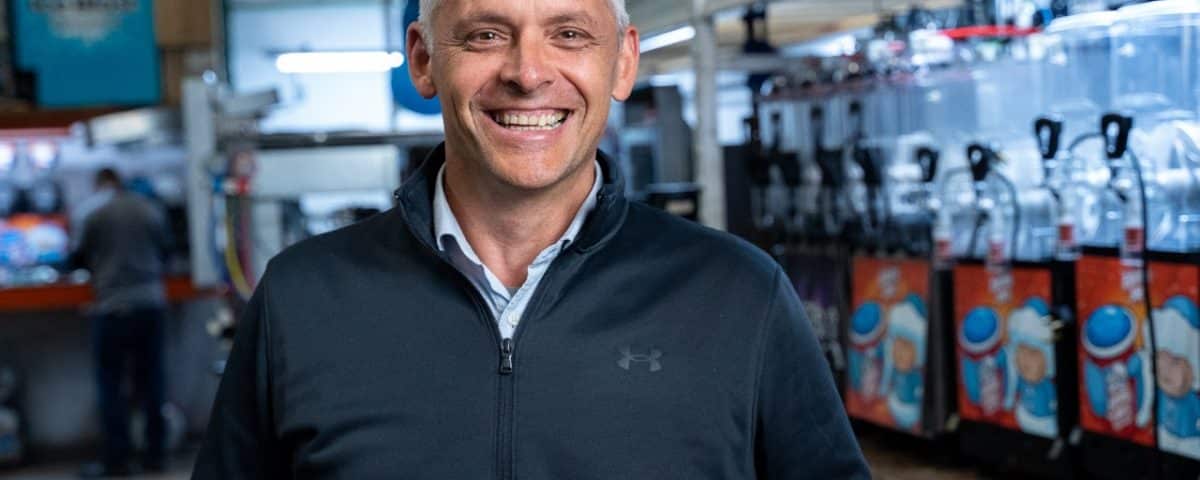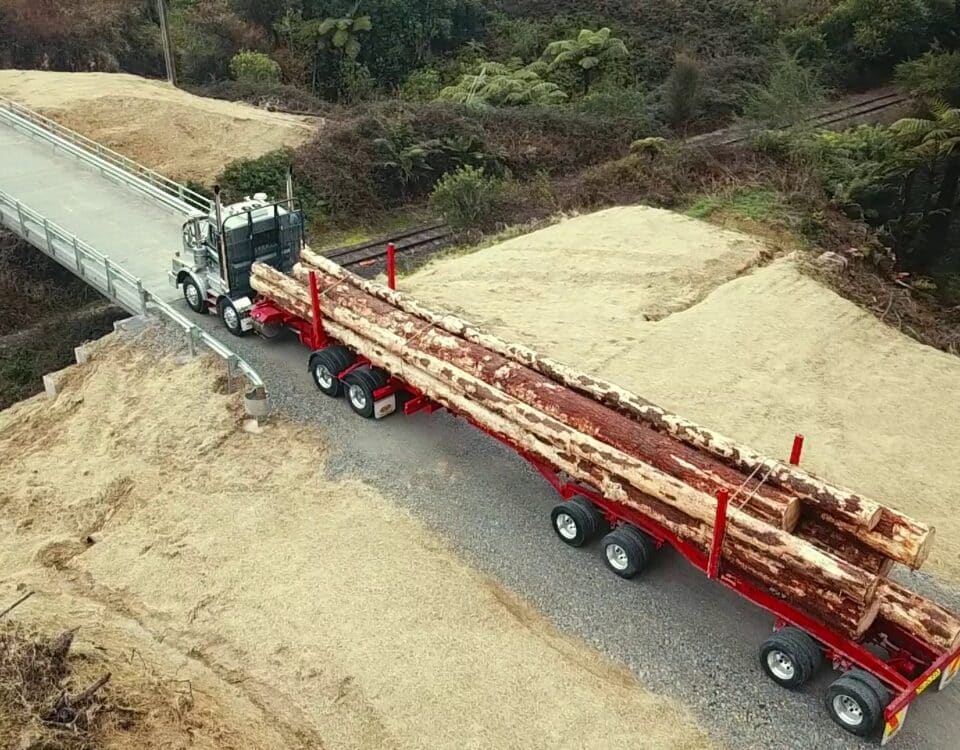Y Combinator warns startup founders of economic downturn: Plan for the worst
May 26, 2022Stable of unicorns grows to more than 1,300
June 6, 2022By Verne Harnish
Wayne Spray’s nearly 25-year-old company, Frozen Drinks Africa, was scaling up rapidly when Covid-19 hit. Suddenly, Cape Town, South Africa, where it is based, went into a hard lockdown. Theme parks, resorts and the seven other major sales channels where the company installed its machines were shuttered, and residents were only allowed to leave their homes for essential errands. The then-45-person company, founded in 1997 in Spray’s father’s garage, suddenly had nowhere to sell its Ice Blasts and Eskimo Joes.
Frozen Drinks Africa went into survival mode, pivoting into selling hand sanitizer for the first month as the team worked in shifted to allow for social distancing—but that wasn’t a long-term solution.
What helped the company make it through the pandemic and emerge stronger, says Spray, was using the Scaling Up platform, with guidance from Scaling Up Certified Coach Herb Cogliano. When Covid-19 arrived in South Africa, Spray signed up for a Scaling Up Crisis Edition course we held. He had read Scaling Up: Mastering the Rockefeller Habits 2.0 at the suggestion of a previous coach and dove into understanding and applying the platform to every aspect of the business. “Wayne Spray and his leadership team are committed and active learners,” says Cogliano.
Today, Frozen Drinks Africa’s sales are closing in on pre-pandemic levels, and the company is profitable. “It’s quite unbelievable,” says Spray. “Our auditor said, ‘I had written you guys off. I thought you were going to go out of business.”
Here is how they saved the company and positioned it for growth.
Embracing transparent communication
When sales fell off a cliff, Spray had to take drastic measures. That meant making the painful decision to reduce his staff, mostly made up of long-time employees, to 18 people.
With the pressure mounting, Spray’s CFO and business partner of 18 years decided to leave. Spray brought in a new CFO, using the Topgrading system described in Scaling Up to find the right candidate.
Against this backdrop, Spray needed to bring his team together. One key message of our Crisis Edition course was the importance of transparency in communication. Spray took this to heart. To keep all team members informed, he and his leadership team began holding daily huddles, while individual departments held their own. At the huddles, the company shared the metrics that the team had to meet to achieve big KPIs—like breaking even amidst the crisis.
“You can’t do this without people,” says Spray. “Unless you have people who have bought in, it doesn’t go anywhere.
On a biweekly basis, the company also held companywide huddles on Mondays and Fridays. Beyond that, there were monthly town hall meetings, and quarterly and annual planning sessions.
Making the most of the huddle has “taken communication and accountability to levels never known before,” says Spray. “It’s now the heartbeat of the business.”
Finding new sales channels
With all of its sales channels blocked, Frozen Drinks Africa needed new ways to take in revenue. The company made deals to start putting its machines in venues that were still open: fuel stations, grocers, quick-service restaurants. “That was significant for us,” says Spray. “If we hadn’t done that, I don’t know that we would be here.”
When lockdowns were softened and people were allowed to walk on the beach, the company also began installing its machines at beaches and continued its search for more sales channels. “In so many ways, it was a beautiful birthing process: Take what you have and make something else out of it,” Spray says.
Rethinking key products
Working with Cogliano to complete the One-Page Strategic Plan, Frozen Drinks Africa also made a strategic change to its products. The company enhanced them with immune boosters like vitamin C, so parents would be more inclined to purchase one when they went about their errands.
“Kids are predominantly our consumers,” he says. “If a child was sitting in the car, a parent would buy a drink for them and take it home.”
Taking a Brand Promise seriously
Throughout all of these efforts, Spray and his team focused on living the company’s Core Values—Passion, Accountable and Proactive—and the company’s Brand Promise—“Always on”—as in making sure the customer’s frozen drinks machine is always in good working order.
“We do so many things well,” explains Spray. “Without that machine, nothing happens.”
Tapping the power of relationships
With less cash coming in, Frozen Drinks Africa was falling behind on its obligations. Spray’s team negotiated payment holidays on the company’s vehicles during the worst of the crisis. Spray also negotiated with other creditors, who were, fortunately, receptive.
“It was largely due to the relationships we had built over the years, being transparent with them,” he says. “It was people holding each other’s hands.”
Today, the company’s finances are on the upswing. Pre-pandemic, the company was bringing in 33 million rands (about USD 2.1 million) annually. That dipped to 27 million rands (about USD 1.7 million) in 2020 and 17 million rands (about USD 1 million) in 2021. Revenue was making a comeback and was just under 25 million rands (about USD 1.6 million) as the company closed its books on the past fiscal year.
“Even though sales have decreased, profitability has shot through the roof, and most importantly, our cash position has increased to the point where we can fund growth and weather future tough times,” says Spray. “Going from deep negative profitability for two years to over 18% for the current financial year is mind boggling.”
With cash in its coffers, Frozen Drinks Africa is continuing to grow. Spray is working to position the company as one that provides opportunity to people who might not find it in other companies.
“We want to be a world-leading company that does the most incredible on-the-job training,” he says. “It’s up to the entrepreneurial people in our country to connect their teams with knowledge. This can really push the business to the forefront of social change.”
And now that his company has opened up so many new sales channels, there are many more possibilities for growth to explore—a silver lining of the past two years. “Circumstances forced us to engage in things we never would have thought of,” says Spray.




